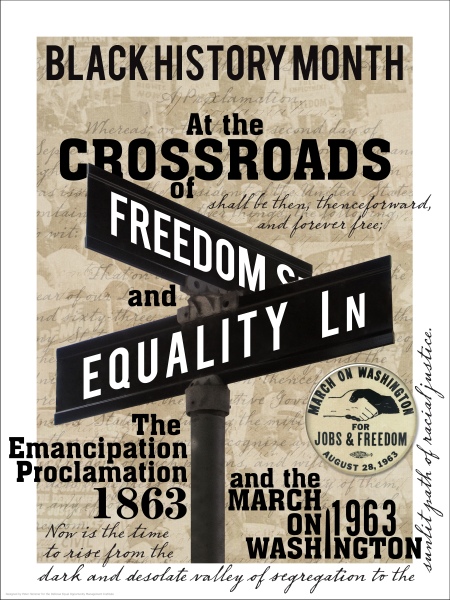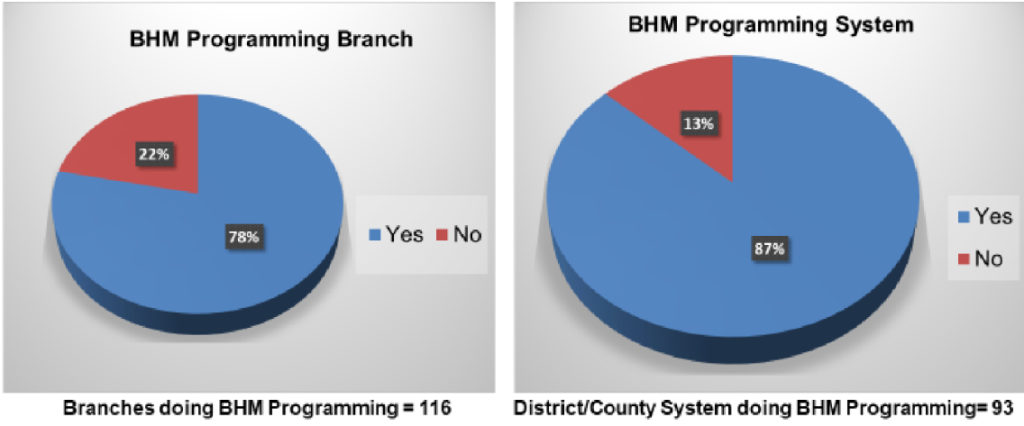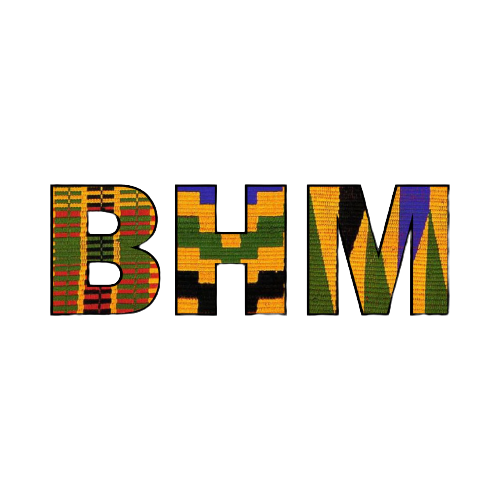Black History Month Programming in Public Libraries

Black History Month (BHM)
We are approaching 100 years since the first Negro History Week/Black History Month. At the same time, we are at a crossroads as to what BHM programming should look like in the future. This project is a critical step in examining that future. We are able to study BHM in public libraries given the groundwork of our ancestors. We honor their vision and commitment to commemorating African American achievements. The Black Caucus of the American Library Association (BCALA) is dedicated to determining how we can best carry on this great legacy. BCALA received a Planning Grant from the Institute of Museum and Library Services (IMLS) to begin exploring the current state of Black History Month (BHM) programming offered at public libraries and identify significant gaps.
BHM and Public Libraries Timeline
1731 - 1993
Click the arrows to explore additional dates along the timeline.
Benjamin Franklin and Junto Club members start the first public library in America, The
Library Company of Philadelphia.
Louisville Western Branch Library is built with funding from philanthropist Andrew Carnegie to serve the African American community. It is fully staffed by African Americans with Rev. Thomas Fountain Blue as the director.
The Public Library Association was founded.
In Anniston, Alabama, African American ministers Rev. Nimrod Reynolds and Rev. William McCain are both attacked by a white mob for attempting to integrate the Anniston Public Library.
Hardy R. Franklin President of the American Library Association (1993/1994).
Literature Review
The literature review on BHM programming in public libraries can be divided into three periods:
- ✓ The Early Years (1926 – the mid-1960s) A period of segregation in American libraries
- ✓ The Growth Years (the late 1960s – 1999) A period of growth for both BHM and libraries
- ✓ The 21st Century Outlook (the 2000s) A period of conversations & debate about BHM
Taxonomy
The Black History Month Taxonomy allows librarians to evaluate the kinds of BHM programming they conduct and see if there is too much reliance on one type of programming. For librarians not doing BHM programming, it will give them a quick idea of what is possible.

Key Findings
While there is a need to do Black History Month Programming given the demographic shifts occurring in the United States and the contributions African Americans have made to society, we were surprised to find from our preliminary research that 13% of the District/Library Systems and 22% of the branches do not conduct BHM programming. We also discovered other important information.
